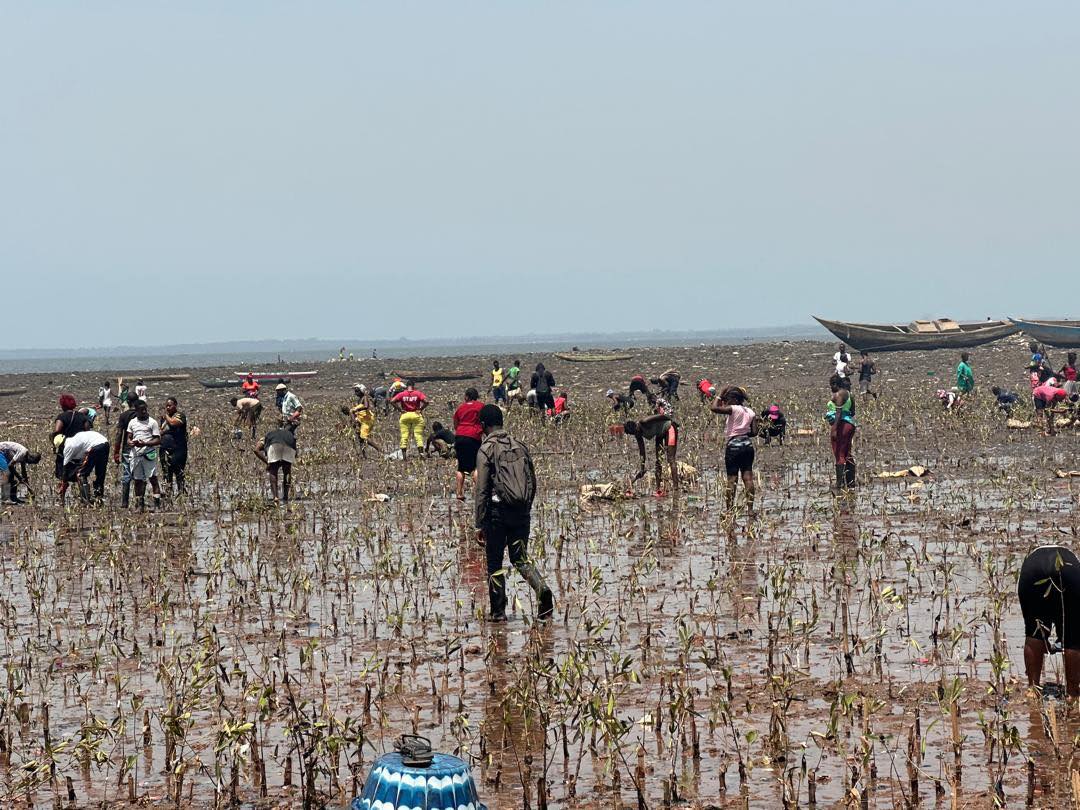Freetown City Council (FCC) has taken bold action to protect Sierra Leone’s capital from the devastating effects of climate change.

In a powerful move toward environmental justice and urban resilience, the Freetown City Council (FCC) has taken bold action to protect Sierra Leone’s capital from the devastating effects of climate change.
In August 2024, FCC made headlines when it demolished structures built on illegally reclaimed land at Kroo Bay, one of Freetown’s most vulnerable coastal communities. This land — created from years of dumping waste into the ocean — was not only an environmental hazard but also a ticking time bomb for pollution and flooding.
The decision wasn’t easy, but it was necessary.
These man-made extensions had become a major source of coastal and marine pollution, suffocating marine life and worsening flooding for the very residents who lived there. But what came next was not just a cleanup — it was a transformation.
Over the past three weeks, 289 residents of Kroo Bay rolled up their sleeves and got to work — not on rebuilding what was lost, but on restoring what nature once had. Together, with the support of FCC, they planted 40,000 mangrove trees along the coastline.
And we’re not stopping there.
With the #FreetownTheTreeTown initiative leading the charge, another 35,000 mangroves will be planted in the coming weeks, thanks to the generous support of the World Bank and Bloomberg Philanthropies.
These aren’t just trees — they’re living barriers against rising tides, natural habitats for marine life, and symbols of hope for an entire community.
This isn’t a one-off intervention.
Kroo Bay residents were fully engaged — from growers to trackers — in a holistic, 18-day restoration effort, with monitoring teams set to continue for 6 months to ensure survival and long-term impact.
FCC understands that true sustainability comes from local ownership. That’s why we’re keeping the community at the heart of this project — because it’s their home, their ocean, and their futur